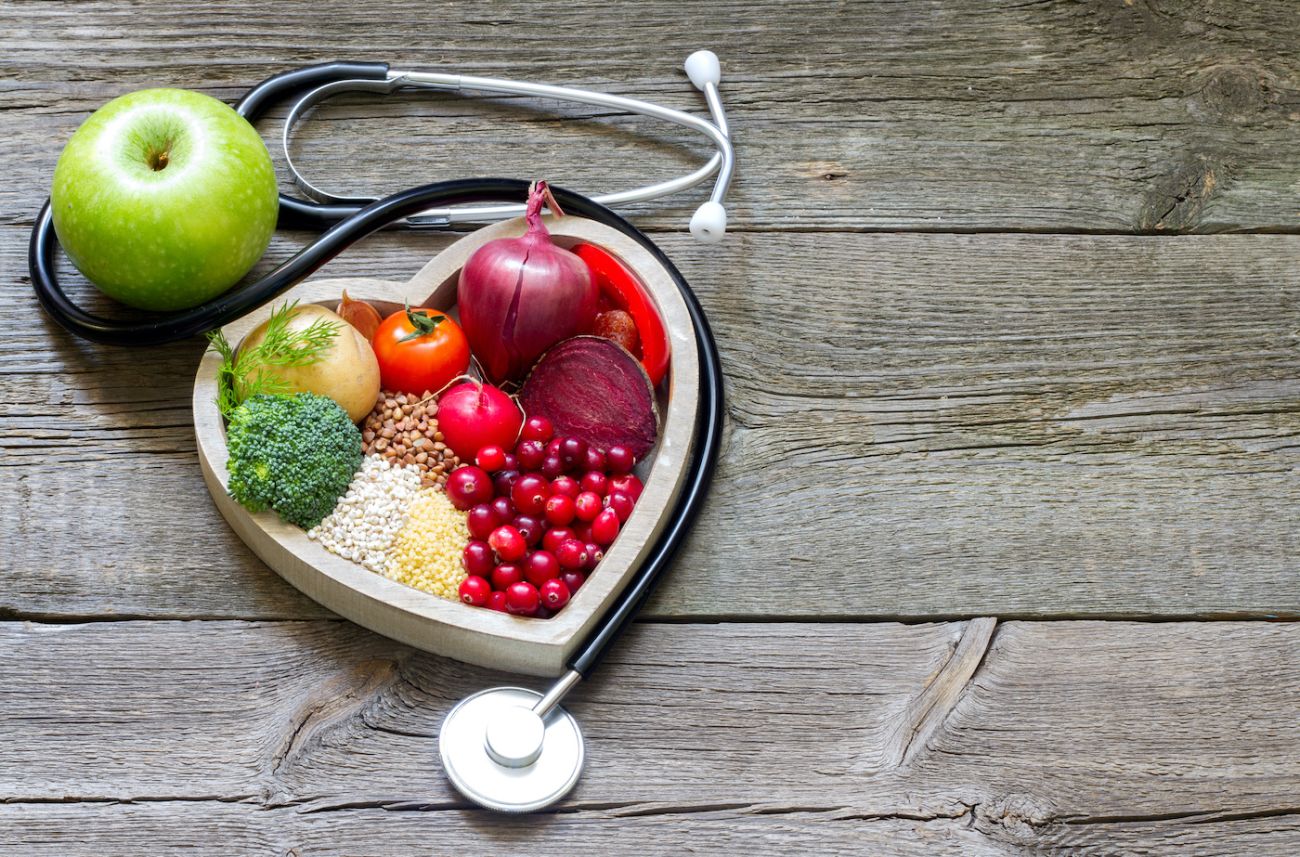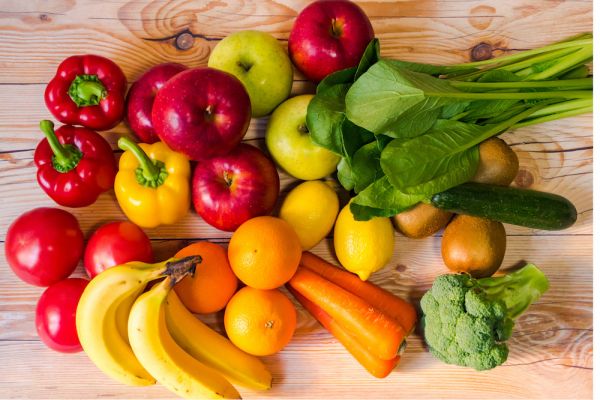As many as 40% of deaths in people diagnosed with cancer are from heart disease, not cancer.
February is American Heart Month, and that makes it a great time to check in on your health habits to be sure you are taking care of your heart!
Heart health is incredibly important for everyone, especially those diagnosed with cancer. One recent analysis showed that more than 40% of deaths in people diagnosed with cancer were from heart disease, not cancer. Patients with breast cancer and prostate cancer are at the highest risk for a non-cancer-related cause of death, which may be related to age, treatment or a combination of both. Cardiac risks can develop during cancer treatment or can occur several years after treatment ends.
Taking care of your heart
Paying attention to your heart health includes understanding your risks, getting your blood pressure and cholesterol checked, choosing a heart-healthy pattern of eating, managing stress, getting regular physical activity, quitting smoking and getting enough good quality sleep. Below are some guidelines for choosing a heart-healthy pattern of eating. For more information about all of these ways to care for your heart, visit the National Heart, Lung and Blood Institute web page on American Heart Month.
The dietary recommendations for a heart-healthy eating plan are very similar to the recommendation for cancer prevention from the American Institute for Cancer Research (AICR). In addition to cancer prevention, the AICR guidelines can help reduce your risk for cancer recurrence, developing a new cancer, heart disease and other chronic diseases.
Eating your way to a healthier heart
This month, take steps towards protecting your heart by incorporating these recommendations:
- Eat a variety of fruits and vegetables.
- Choose whole grain foods for more fiber and other nutrients. Read our article on whole grains for more info and tips!
- Seek healthier protein sources such as fish, poultry, lean meats, eggs, nuts, seeds, soy products and beans and legumes.
- Include foods high in unsaturated fats and limit saturated fats. Unsaturated fats are found in foods such as nuts and seeds and nut butters, salmon and other fatty fish, avocados, tofu, and oils like canola, corn, olive, sesame, sunflower and soybean oil. Saturated fats are found in fatty cuts of red meat, dairy fat such as in whole milk or butter, and coconut and palm oils. Read more in our Fats 101 article!
- Limit sodium. Products like sauces, soup and canned goods can be high in sodium, so look for low sodium or no salt added varieties.
- Cut back on added sugars. Avoid or limit sugary beverages such as sodas or sugary coffee drinks. Opt for water throughout the day, and if you don’t like plain water, try flavored waters, sparkling or seltzer waters, or add your own fruits, veggies or herbs to your water (berries, citrus, cucumber and mint are all great options!)
- Watch the alcohol. It's best not to drink, but if you choose to consume alcohol, aim for no more than one drink per day for women and two drinks per day for men. One drink is considered 12 ounces of beer, 5 ounces of wine, or 1.5 ounces of liquor.
Never miss another Cancer Talk blog!
Sign up to receive our monthly Cancer Talk e-newsletter.
Sign up!


